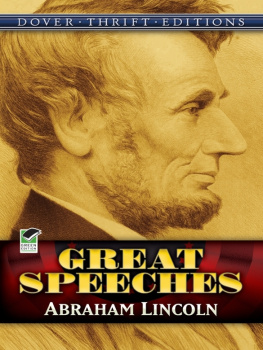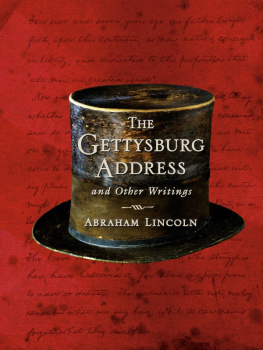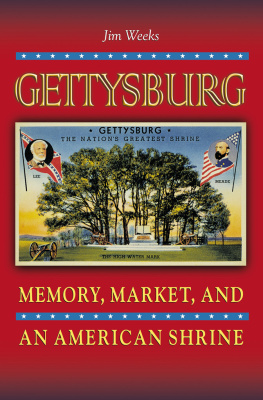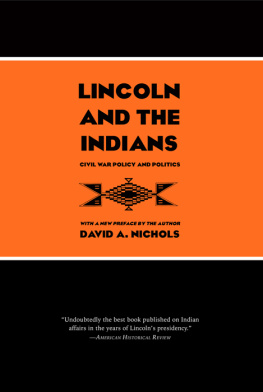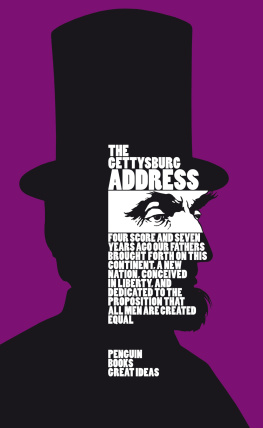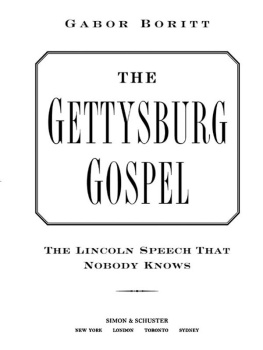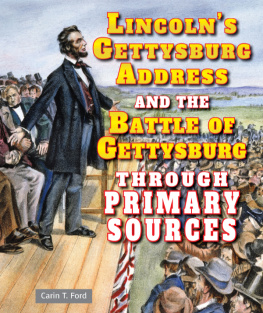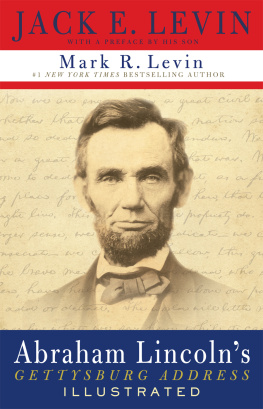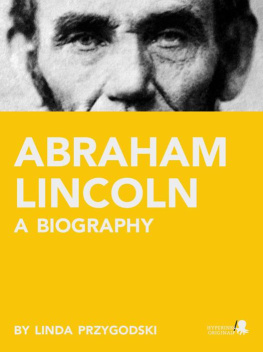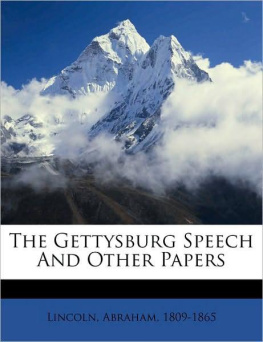Doyle - The cause of all nations : an international history of the American Civil War
Here you can read online Doyle - The cause of all nations : an international history of the American Civil War full text of the book (entire story) in english for free. Download pdf and epub, get meaning, cover and reviews about this ebook. City: Array, year: 2015, publisher: Basic Books, genre: Science. Description of the work, (preface) as well as reviews are available. Best literature library LitArk.com created for fans of good reading and offers a wide selection of genres:
Romance novel
Science fiction
Adventure
Detective
Science
History
Home and family
Prose
Art
Politics
Computer
Non-fiction
Religion
Business
Children
Humor
Choose a favorite category and find really read worthwhile books. Enjoy immersion in the world of imagination, feel the emotions of the characters or learn something new for yourself, make an fascinating discovery.

- Book:The cause of all nations : an international history of the American Civil War
- Author:
- Publisher:Basic Books
- Genre:
- Year:2015
- City:Array
- Rating:5 / 5
- Favourites:Add to favourites
- Your mark:
The cause of all nations : an international history of the American Civil War: summary, description and annotation
We offer to read an annotation, description, summary or preface (depends on what the author of the book "The cause of all nations : an international history of the American Civil War" wrote himself). If you haven't found the necessary information about the book — write in the comments, we will try to find it.
The Civil War is most often understood as an internal conflict, one fought by American soldiers over issues uniquely American in origin and consequence. But in The Cause of All Nations, distinguished historian Don H. Doyle reframes our understanding of the Civil War, describing it as a conflict that was shaped by international forces--and which had major international repercussions. Doyle shows that, rather than being an internal struggle, the Civil War hinged on the support of nations across the seas, especially in Europe. Both the North and the South looked to Europe for backing, and the Confederacy in particular depended on Britain and France recognizing it as a legitimate nation, which would allow for commercial treaties, loans, and even military aid. Indeed, representatives of the North and the South went so far as to adapt their ideologies to the expectations of European leaders, in the hopes of garnering much-needed support; at a certain point late in the war, the Confederacy even considered abolishing slavery in an attempt to win over French and British rulers. Lincoln quickly learned to reframe the Unions argument in order to win over potential allies. Instead of framing the debate around the unconstitutionality of the Souths secession, his speeches began to highlight the importance of preserving the Union and freeing the slaves, an approach with allowed Lincoln to win the support of the European public. The United States became the Great Republic, an embattled defender of liberty, equality, and self-government and, in Lincolns poignant words, the last best hope of earth. A bold account of the international dimensions of one of Americas most defining conflicts, The Cause of All Nations offers an important new way of understanding the Civil War-- Read more...
Abstract: When Abraham Lincoln delivered the Gettysburg Address in 1863, he had broader aims than simply rallying a war-weary nation. Lincoln realized that the Civil War had taken on a wider significance-that all of Europe and Latin America was watching to see whether the United States, a beleaguered model of democracy, would indeed perish from the earth. In The Cause of All Nations, distinguished historian Don H. Doyle explains that the Civil War was viewed abroad as part of a much larger struggle for democracy that spanned the Atlantic Ocean, and had begun with the American and French Revolutions. While battles raged at Bull Run, Antietam, and Gettysburg, a parallel contest took place abroad, both in the marbled courts of power and in the public square. Foreign observers held widely divergent views on the war-from radicals such as Karl Marx and Giuseppe Garibaldi who called on the North to fight for liberty and equality, to aristocratic monarchists, who hoped that the collapse of the Union would strike a death blow against democratic movements on both sides of the Atlantic. Nowhere were these monarchist dreams more ominous than in Mexico, where Napoleon III sought to implement his Grand Design for a Latin Catholic empire that would thwart the spread of Anglo-Saxon democracy and use the Confederacy as a buffer state. Hoping to capitalize on public sympathies abroad, both the Union and the Confederacy sent diplomats and special agents overseas: the South to seek recognition and support, and the North to keep European powers from interfering. Confederate agents appealed to those conservative elements who wanted the South to serve as a bulwark against radical egalitarianism. Lincoln and his Union agents overseas learned to appeal to many foreigners by embracing emancipation and casting the Union as the embattled defender of universal republican ideals, the last best hope of earth. A bold account of the international dimensions of Americas defining conflict, The Cause of All Nations frames the Civil War as a pivotal moment in a global struggle that would decide the survival of democracy. --
The Civil War is most often understood as an internal conflict, one fought by American soldiers over issues uniquely American in origin and consequence. But in The Cause of All Nations, distinguished historian Don H. Doyle reframes our understanding of the Civil War, describing it as a conflict that was shaped by international forces--and which had major international repercussions. Doyle shows that, rather than being an internal struggle, the Civil War hinged on the support of nations across the seas, especially in Europe. Both the North and the South looked to Europe for backing, and the Confederacy in particular depended on Britain and France recognizing it as a legitimate nation, which would allow for commercial treaties, loans, and even military aid. Indeed, representatives of the North and the South went so far as to adapt their ideologies to the expectations of European leaders, in the hopes of garnering much-needed support; at a certain point late in the war, the Confederacy even considered abolishing slavery in an attempt to win over French and British rulers. Lincoln quickly learned to reframe the Unions argument in order to win over potential allies. Instead of framing the debate around the unconstitutionality of the Souths secession, his speeches began to highlight the importance of preserving the Union and freeing the slaves, an approach with allowed Lincoln to win the support of the European public. The United States became the Great Republic, an embattled defender of liberty, equality, and self-government and, in Lincolns poignant words, the last best hope of earth. A bold account of the international dimensions of one of Americas most defining conflicts, The Cause of All Nations offers an important new way of understanding the Civil War
Doyle: author's other books
Who wrote The cause of all nations : an international history of the American Civil War? Find out the surname, the name of the author of the book and a list of all author's works by series.







